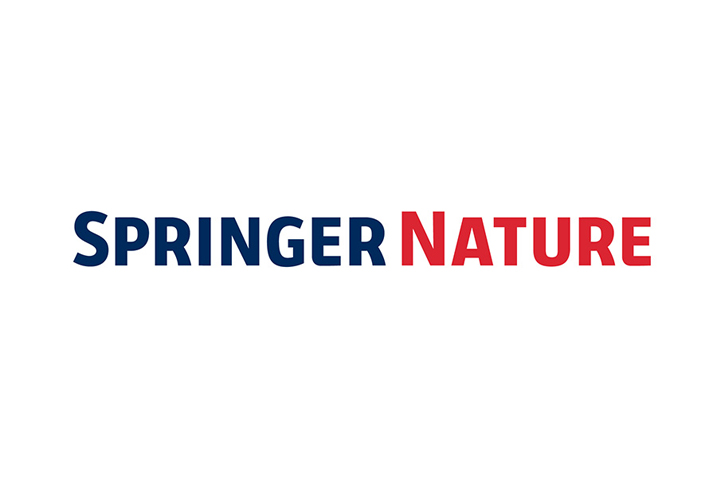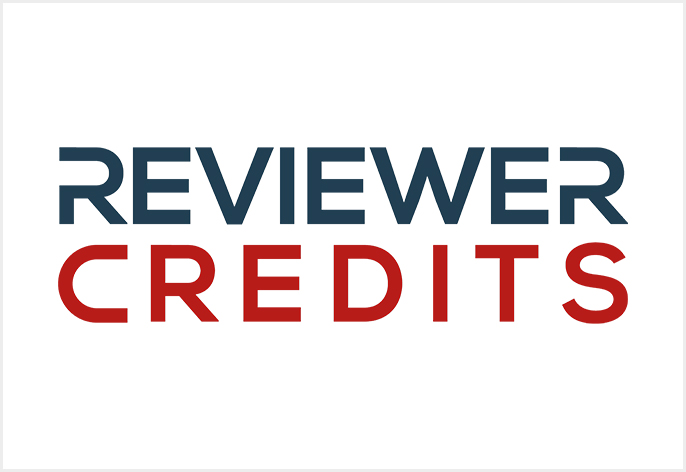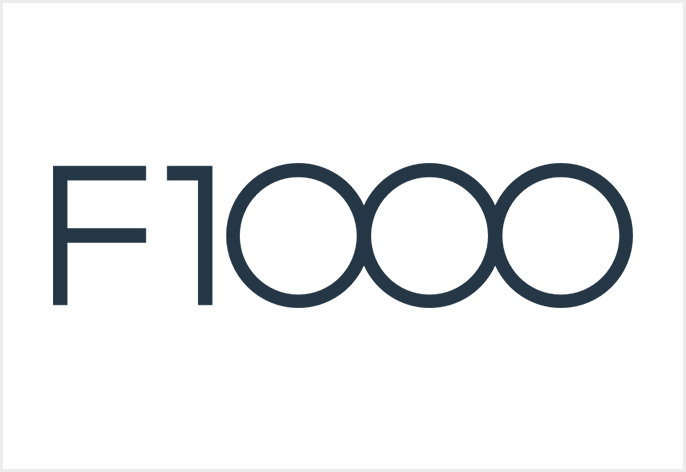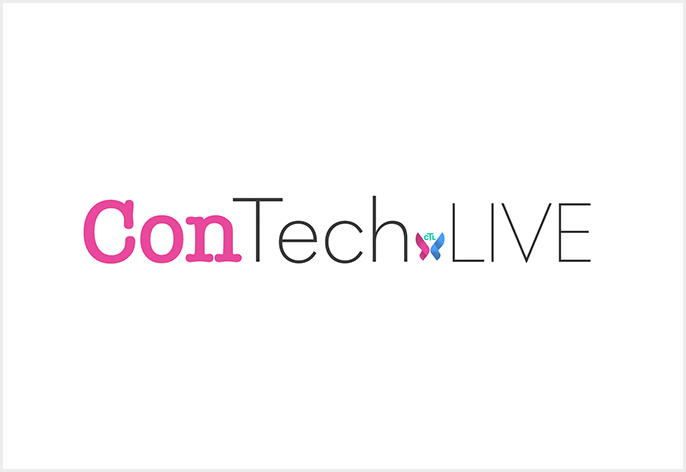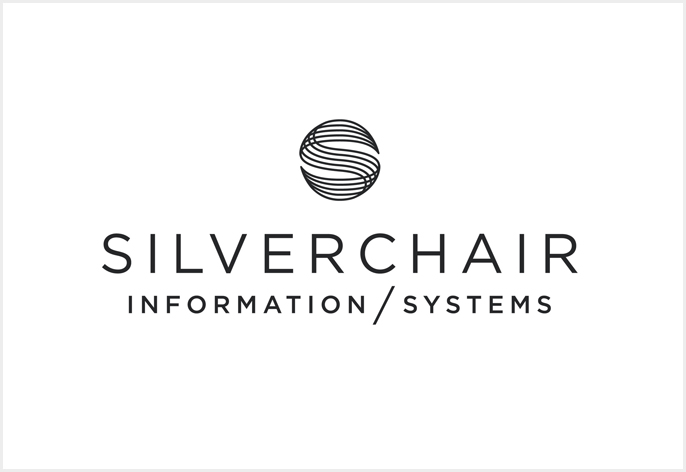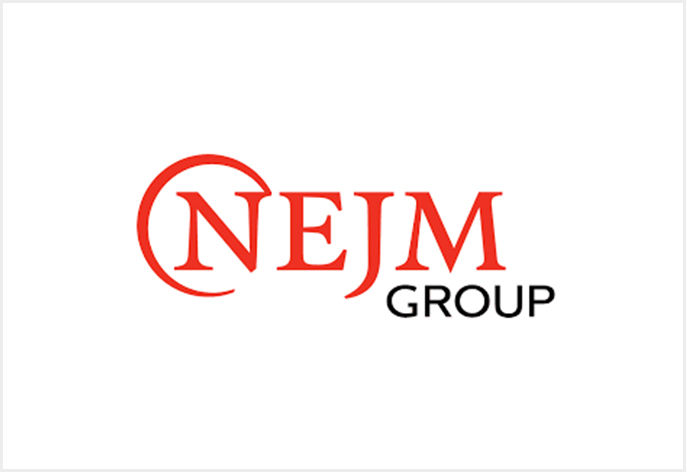OCLC is working with leading academic libraries to extend development of Choreo Insights to ensure collections support current and future needs
OCLC’s new Choreo Insights™ library analytics solution is now available to early adopter libraries in North America seeking to better align academic library collections with institutional focus areas, emerging curriculum priorities, and future trends.
Using WorldCat holdings data, Choreo Insights is a flexible solution that enables confident collection development decisions by comparing detailed subject breakdowns of local collections with overlap and gap analysis of any other library or group in WorldCat.
“Choreo Insights was developed in direct response to requests from libraries,” said Mary Sauer-Games, OCLC Vice President, Global Product Management. “It meets the need in academic libraries for cross-library collaboration and forward-thinking collection analysis. Choreo Insights provides the flexibility libraries need to support adjustments in curricula by adding or removing programs to align with shifting needs, such as changes in the job market, emerging grant funding priorities, or changes in institutional strategies.”
OCLC has been working closely with several libraries to develop, test, and refine Choreo Insights. These libraries are using Choreo Insights for a variety of projects and programs, including:
- Collection building Libraries can make cost-effective purchasing decisions by analyzing collection characteristics in a collective context of peer libraries.
- DEI (diversity, equity, inclusion) Libraries are better able to analyze and address collection diversity issues.
- Academic program alignment Libraries can determine how well a collection supports emerging job market trends and key academic programs on campus.
- Collaboration Libraries can identify cost savings opportunities through collaboration with other libraries, typically in a group or consortia context.
“I would strongly recommend Choreo Insights as an essential tool to any academic institution in need of assessment and collection development analysis to build complementary and interdependent DEI collections,” said Dr. Liladhar R. Pendse, Librarian for East European and Latin American Studies and a DEI collection thought leader. Dr. Pendse has participated in testing and development of Choreo Insights.
Dr. Wilma Jones, Professor and Reference/Instruction Librarian, City University of New York—College of Staten Island, said Choreo Insights delivered much needed data for program support.
“Choreo Insights provided us with data that allowed us to seek funding for new materials to support certain academic programs at our college, primarily for an African and African Diaspora Studies program and a Latin American and Caribbean Studies program. We now know which items we’ll need in our collection and will prioritize for purchase as funds become available,” said Dr. Jones.
Choreo Insights analysis can take only seconds to perform and is not limited to one-time reports and static snapshots. Libraries can try a variety of analysis scenarios, such as comparing institutions with programs they hold in high esteem, or trim results based on years of publication and other facets.
“We needed to assess whether to offer our students a new graphic design program. Choreo Insights helped me identify the strengths and areas of development of our collections to support the program, which administration used to make an informed decision,” said Melinda Malik, M.S., M.Ed., Head of Collection Development at Saint Anselm College.
Libraries can map collections directly to academic programs using CIP (Classification of Institutional Programs) mapping. They can also use Library of Congress classifications, FAST subject headings, simple title text searches, and more to see how collections stack up.
Choreo Insights is now available to early adopter libraries in North America. OCLC will continue to work with libraries to further develop, test, and refine Choreo Insights.
More about Choreo Insights is on the OCLC website.





